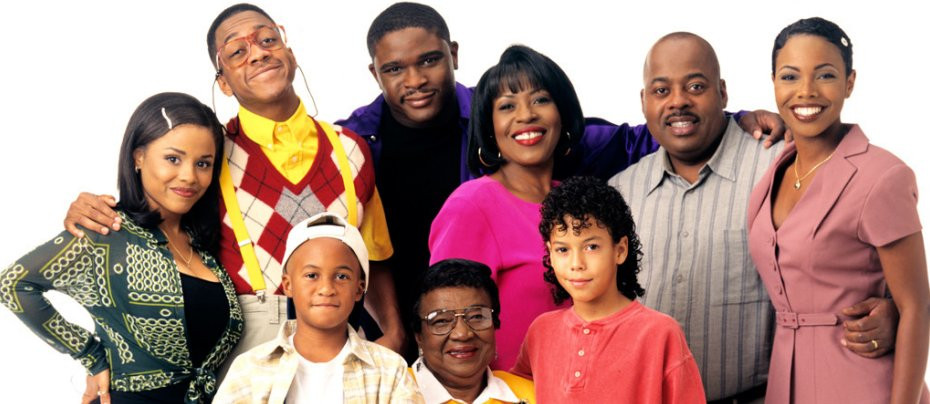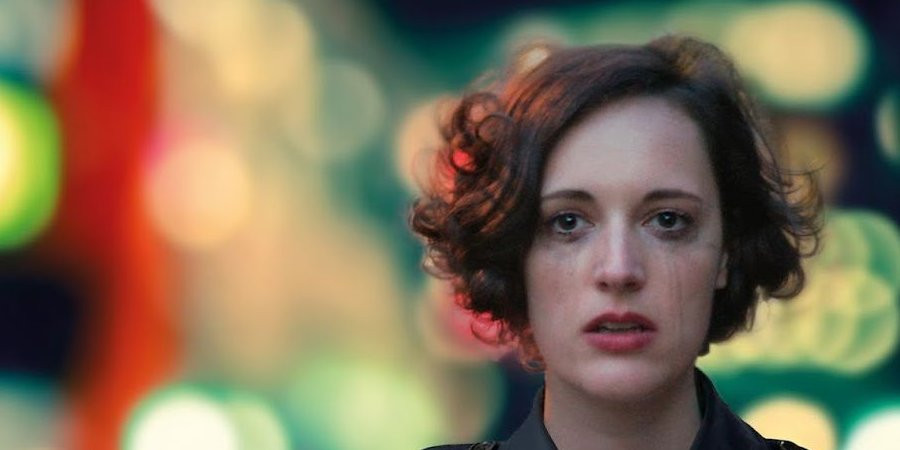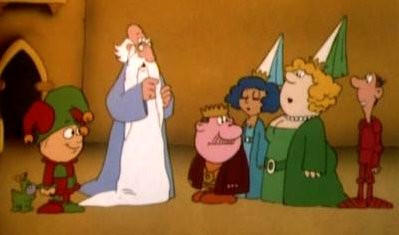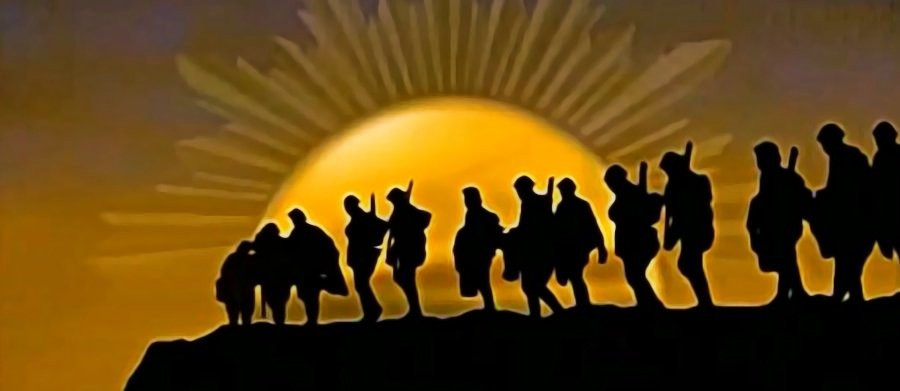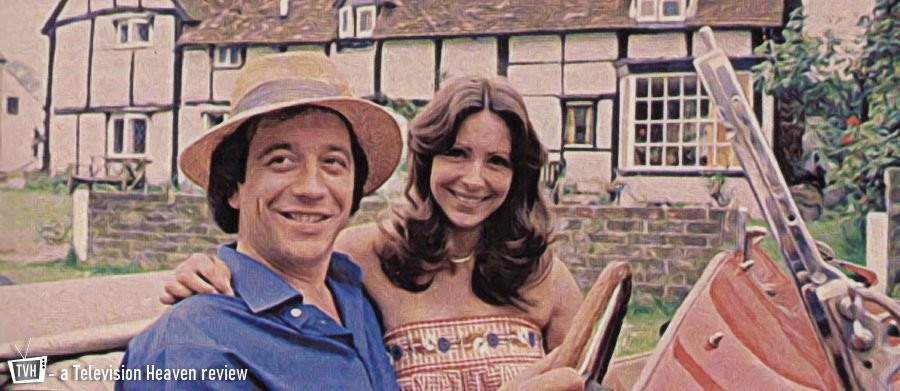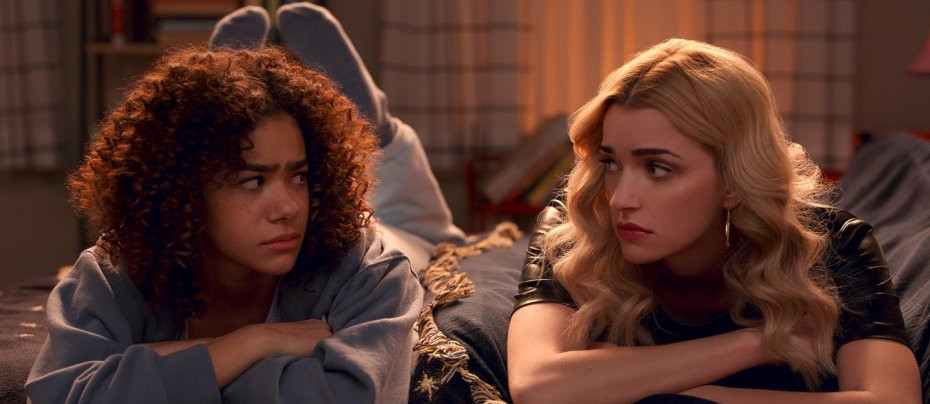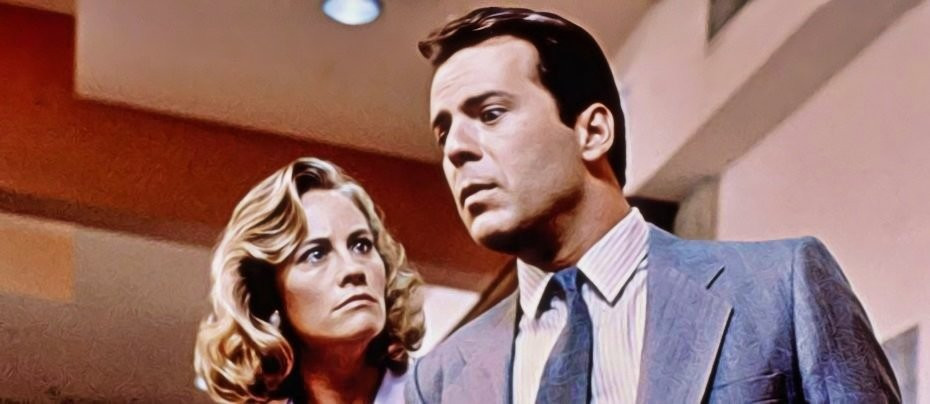
Moonlighting
1985 - United StatesSlick, shamelessly self-aware and reverential. Created by Glen Gordon Caron, inspired by a production of The Taming of the Shrew he saw in Central Park starring Meryl Streep and Raúl Julia, Moonlighting was the launching pad to mega-stardom for Bruce Willis and the restoration of model turned actress Cybil Shepherd's career.
On the surface a glossy romantic comedy-drama set within the familiar conventions of the detective show format, Moonlighting soon became a world-wide smash between March 1985 to May 1989, due to the genuinely ground-breaking approach of literally sledge-hammering the infamous "Fourth Wall" (which traditionally separates viewers from the characters in a series), into a million tiny pieces, with many episodes including dialogue that made direct references to the scriptwriters, the audience, the network, and even the series itself.
Constantly anarchic, littered with movie and TV allusions, filled with razor-honed one-liners and breathlessly delivered over-lapping dialogue which would have made Howard Hawkes happy, the core cast threw themselves into the spirit of the proceedings with an energy and abandon which effortlessly carried the viewers along with the staff of the Blue Moon detective agency through an ever increasingly unlikely series of adventures.
The series kicks off with Maddie Hayes, a former model, experiencing a dramatic reversal of fortune. Her accountant’s betrayal leaves her bankrupt, with all her liquid assets stolen. Left with failing businesses that were once tax write-offs, Maddie discovers the City of Angels Detective Agency among them. The agency, led by the carefree David Addison, becomes a pivotal part of her life. David convinces Maddie to keep the business and transform it into a partnership. Renamed Blue Moon Investigations, the agency pays homage to Maddie’s past as the iconic spokesmodel for the Blue Moon Shampoo Company.

Moonlighting was a hit with TV audiences as well as with critics and industry insiders, with 16 Emmy nominations for the second season. But behind the scenes there were difficulties. According to producer Jay Daniel, there was friction between the two stars. "In the beginning, Bruce was just a guy's guy. Let's just say he evolved. Over the years, he went from being the crew's best friend and just being grateful for the work and all of that to realizing that he was going to be a movie star and wanting to move on. Part of that was because of his strained relationship with Cybill."
There were also accusations of Cybill Shepherd being difficult to work with at times but Daniel admitted, “In fairness to her, she was in the makeup chair at six thirty in the morning with pages of dialogue she hadn't seen before, she'd work very long hours, and then be back in the makeup chair at six thirty the next morning."
The success - and also the eventual downfall of the series - was the will-they-won't-they?, romantic aspect of the relationship between Willis' cocky, brash character and Shepherd's more straight-laced, up-tight, model turned detective.
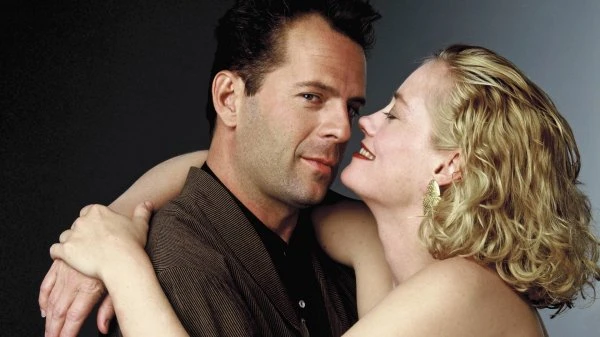
While the romance remained unfulfilled, unrequited, the show was at its peak. The eventual consummation of their desire, along with the drawn-out story arc culminating in Maddie giving birth to a baby was a miscalculation from which the show was never to recover. At the same time Bruce Willis was filming what would be his first blockbuster movie, Die Hard, Cybill Shepherd, having just given birth to twins, had grown tired of the long, gruelling production days and was ready for the series to end. She would later star in the hit sitcom Cybill.
At its peak, Moonlighting was a screwball delight of the highest order. Genuinely innovative, it rose above its troubled and chaotic production history to emerge as a key show in the evolution of US television comedy-drama. Without the hip, fast-talking, lunacy of Moonlighting at its best, later series such as Ally McBeal might well never have arisen from its ashes.
Seen this show? How do you rate it?
Seen this show? How do you rate it?
Published on January 8th, 2019. Written by Robin Humar for Television Heaven.



